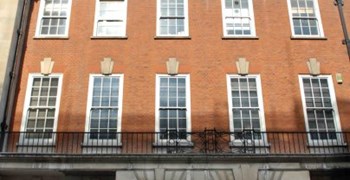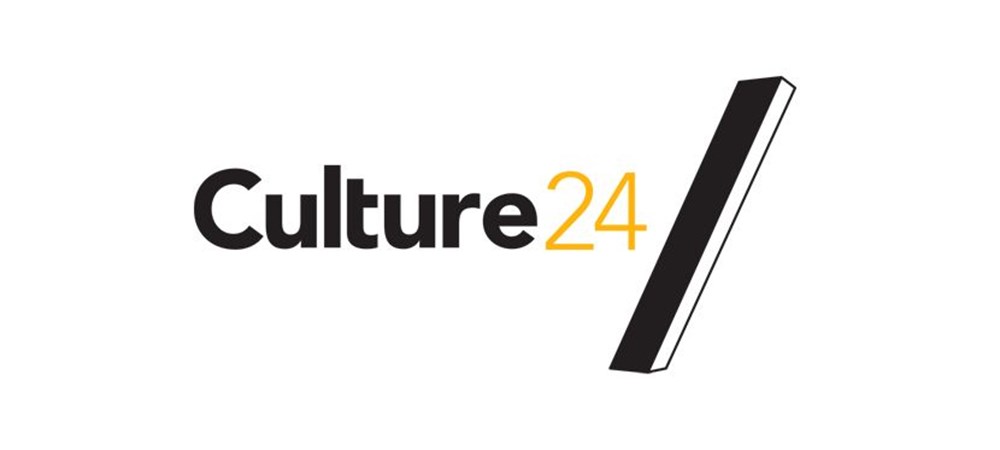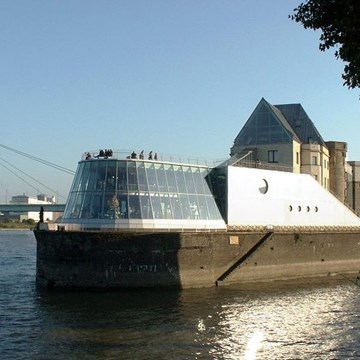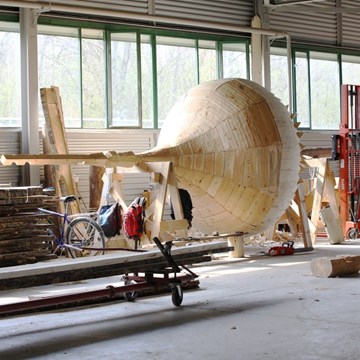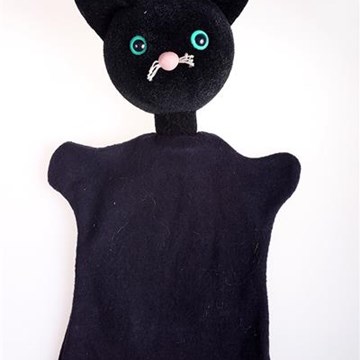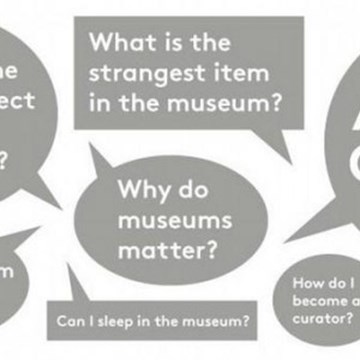A Bitter Road: Britain and the Refugee Crisis of the 1930s and 1940s
At a time when violence and upheaval in Syria, Afghanistan, Somalia, Iraq and elsewhere have created an upsurge in the number of refugees, many look to historical examples for potential continuities and solutions. Conflict and war, political, religious and ethnic persecution have always caused the displacement of populations. Civilians are forced from their homes, fearing for their safety and future.
This exhibition examines responses to Jewish and other refugees in Britain during the 1930s and 1940s. Built on the rich collection of refugee sources held by the Wiener Library, the exhibition explores a number of themes, including governmental policy on asylum and the kinds of assistance offered by humanitarian aid organisations at the international, national and local level.
A Bitter Road also looks closely at the myriad experiences of Jewish refugees in Britain, including of surveillance and detention, poverty, separation and isolation. It highlights their resilience and means for coping with the hardships of integrating into a new society. Through the voices of refugees, A Bitter Road explores how refugees negotiated the road to safety and attempted to rebuild their lives.
This timely exhibition raises important questions about historical examples of forced migration and Britain’s response in the past – and how the past can inform our responses to refugees today.
Follow the hashtag #ABitterRoad on Twitter for updates and responses to this exhibition.
Purchase a copy of the exhibition catalogue for a selection of photographs and documents from our collections, personal refugee stories featured in the exhibition, and important historical context of Jewish refugees coming to Britain in the 1930s and 1940s. The catalogue is available to purchase at our Library's reception desk, amazon.co.uk and amazon.com.
Website
http://wienerlibrary.co.uk/a-bitter-road
Exhibitions and events from this museum
We don't have anything to show you here.
Activities from this museum
We don't have anything to show you here.
